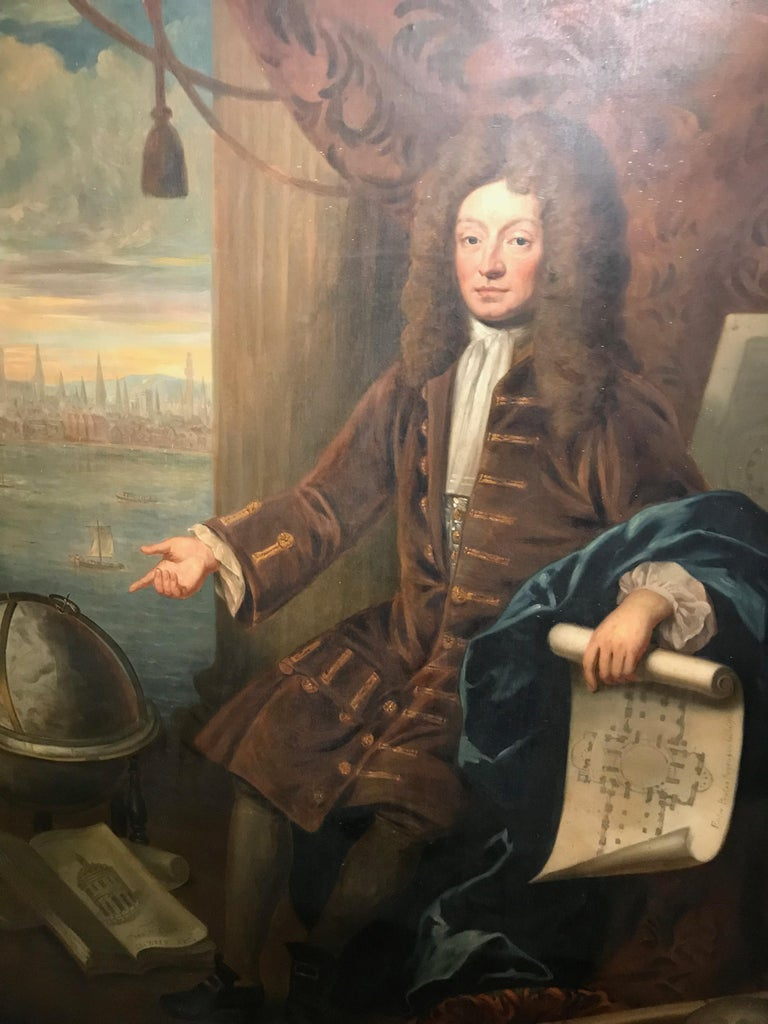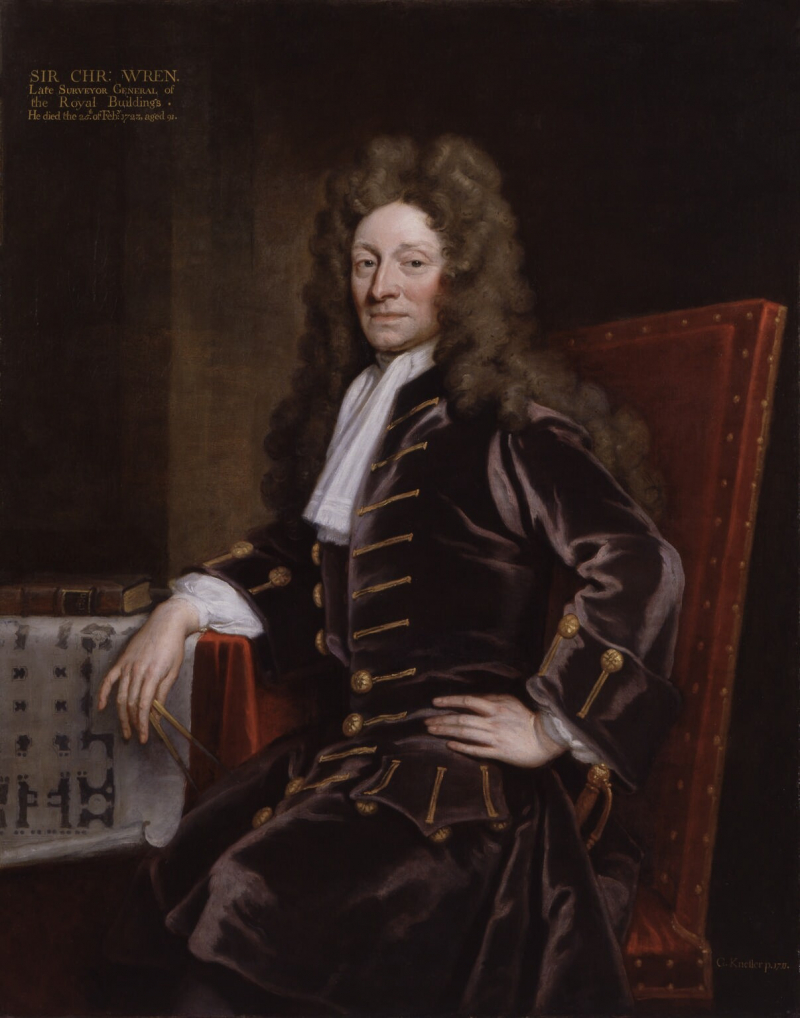Wren was chosen to be the Savilian Professor of Astronomy at Oxford
Wren enrolled in Wadham College, Oxford, on June 25, 1650, where he studied Latin and the writings of Aristotle. To think that he acquired modern-day scientific instruction is outdated. However, John Wilkins, the Warden of Wadham, and Wren were great friends. The Wilkins circle, which included several prominent mathematicians, artists, and experimental philosophers, was a group whose actions resulted in the establishment of the Royal Society. This relationship most likely had an impact on Wren's Oxford studies in science and math. He got his B.A. in 1651 and his M.A. two years later.
Following the awarding of his M.A. in 1653, Wren was chosen as a member of All Souls' College and started an intense time of study and experimentation at Oxford. These included many physiological tests on dogs, including one that is now known to be the first to inject fluids into the bloodstream of a living animal in a lab setting. When Wren was appointed Professor of Astronomy at Gresham College in London in 1657, his tenure as an All Souls fellow came to an end. He was given a set of accommodations, along with a salary, and was supposed to deliver weekly lectures in both Latin and English. Wren enthusiastically began this new task. Wren was chosen to be the Savilian Professor of Astronomy at Oxford in 1661, which is one of the interesting facts about Christopher Wren. Wren lived in Oxford from 1661 to 1668, although he had to go to London on occasion because he attended Royal Society meetings.
He kept running into the Oxford men he'd been talking to all the time. They attended his lectures in London and started official weekly meetings in 1660. The Royal Society, England's leading scientific organization, was to emerge from these gatherings. He probably had a significant impact on the formation of the Royal Society early on, with his broad knowledge of so many different fields facilitating the flow of ideas among the many scientists. Wren was not only a founding member of the Society, but he also served as its president from 1680 to 1682.










